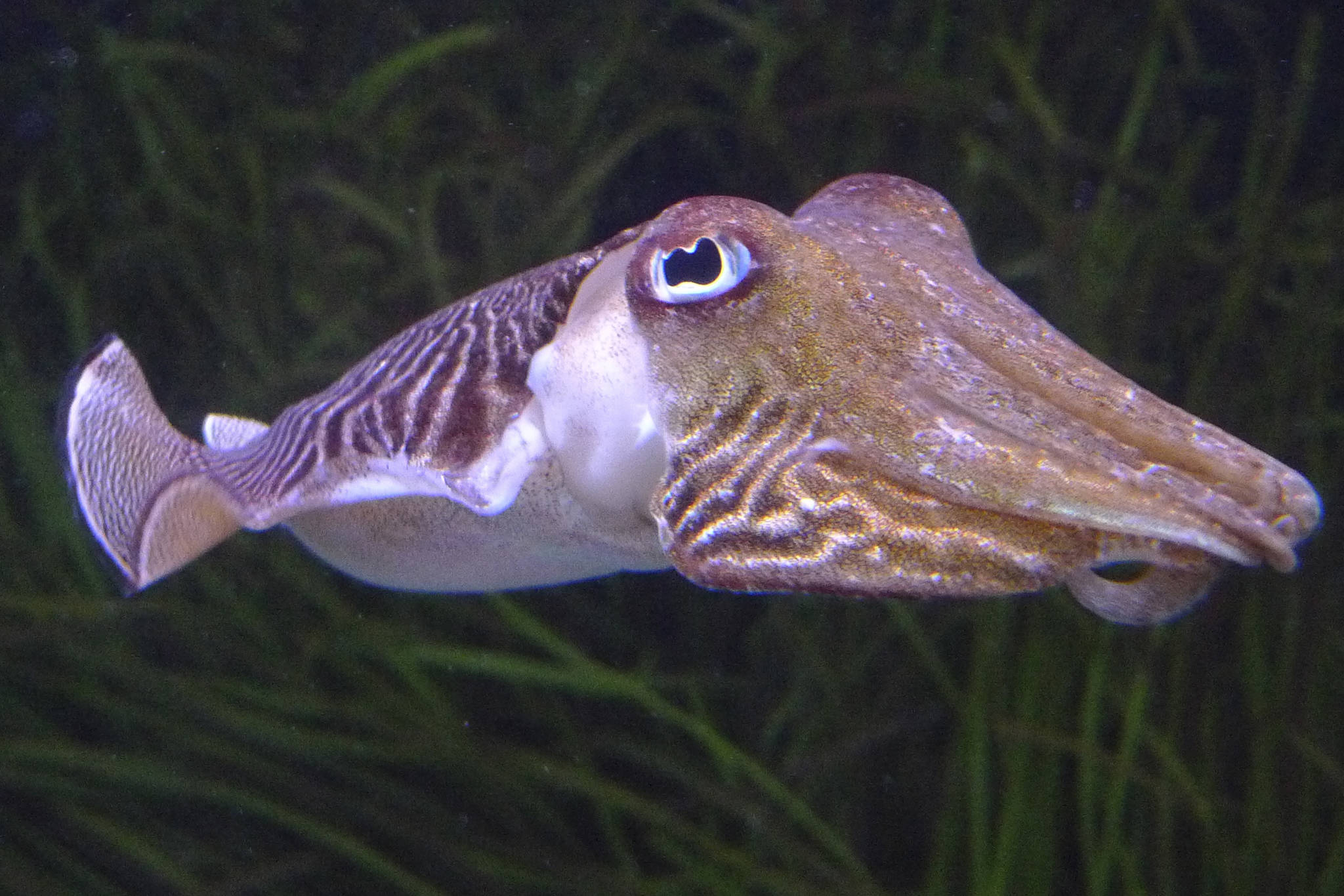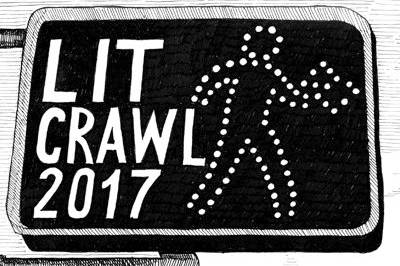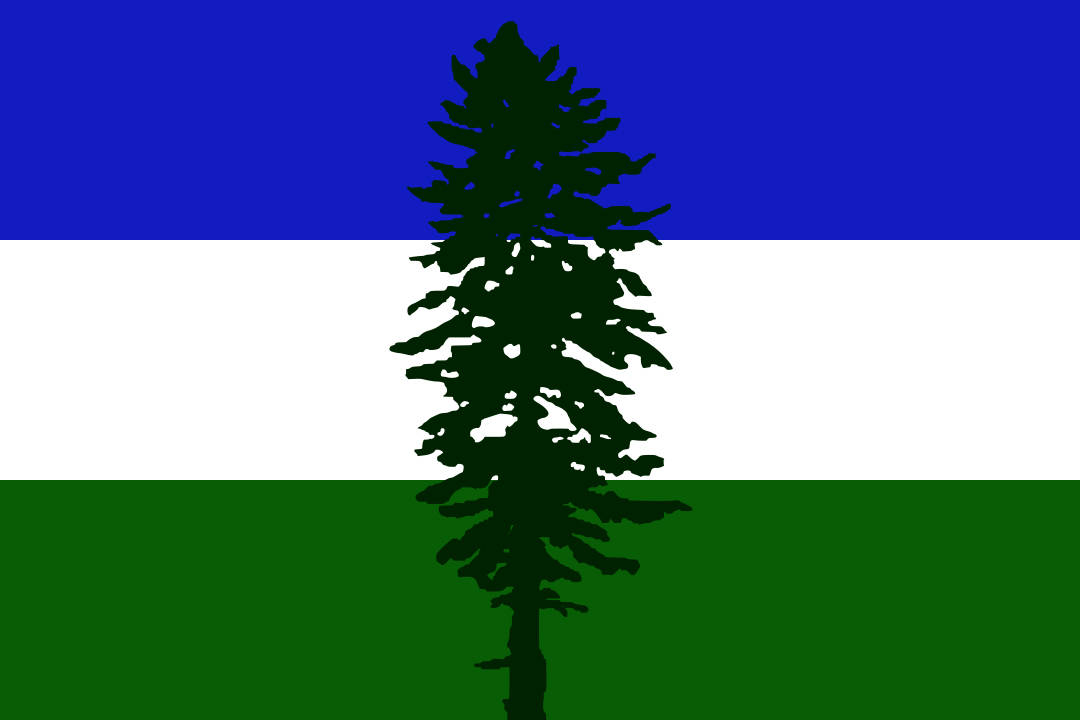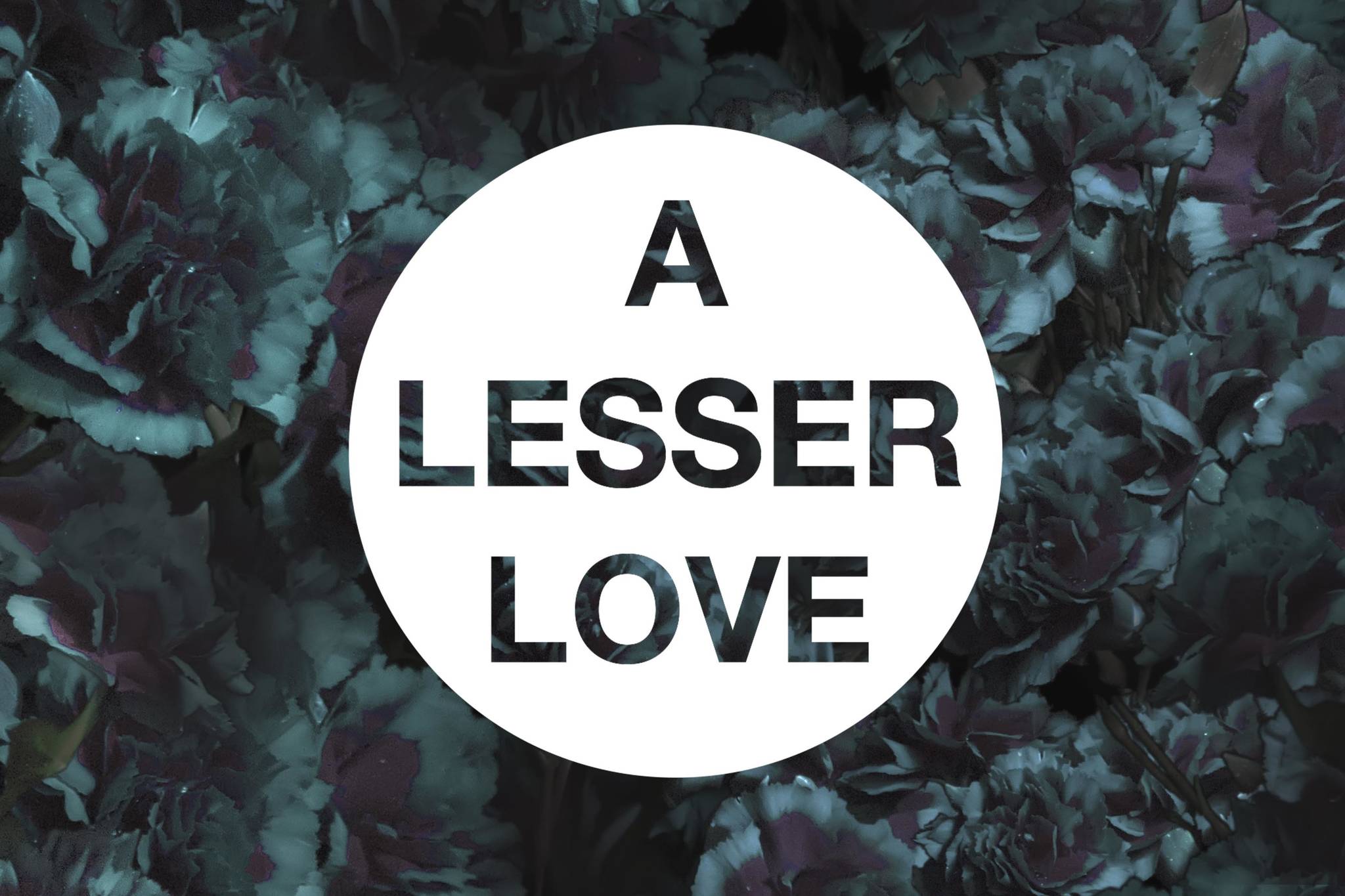Sierra Nelson loves cephalopods. Squids, octopuses, cuttlefish—you name it, if it’s a bilateral mollusk with a big-ass head, Nelson is positively gaga over it. Nelson is a Seattle-area poet, and you can understand how a poet might fall in love with tentacled sea creatures: They’re romantic figures, skulking in the ocean—part of the great marine biosphere, but also remote from whales and fish. Those articulate limbs and big brains set them apart, leaving them to skulk and mope fabulously. And they even produce their own ink! How could a poet not land on Team Cephalopod?
But Nelson is more science-minded than your average poet. She’s a co-founder of the Vis-á-Vis Society, which applies scientific rigor to crowd-sourced poems, often employing large crowds at parties to write, Mad Libs-style, a series of poems about love and longing. No other poets in town, likely, have dissected a poem into pie charts on a whiteboard while wearing a lab coat.
On her own, Nelson loves to tease out the poetry in science, finding resonance in the long and mysterious Latin words and phrases we’ve used to name the world. One of my favorites of her poems is “The First Photograph,” which explains the process that created a blurry heliograph by the father of photography, Joseph Nicéphore Niépce:
“Through the pinprick it all came to us,/how close we were, upside down,/several hours on the windowsill./We were surfaces arranged to receive.”
The poem concludes:
“Yet I capture you. Close to the sun./I coated my longing in bitumen.” Much has been written about the way photographs capture a moment in time, but rarely is that desperate need so beautifully overt.
So yes, there’s whimsy in Nelson’s celebration of all things squid and squidlike. But there’s also serious investigation and a questing mind, fusing science and art and seeing what happens. Every year since 2015, she’s been presenting Cephalopod Appreciation Societies—arts celebrations with music, film, visual art, poetry, and speeches. Past participants have included musician Lori Goldston, biologist Stephanie Crofts, marine cinematographer Laura James, and novelist Kevin Emerson, and presentations have included stickers, classes on incorporating marine biology into creative writing, octopus-themed animation, and sea-shanty singalongs.
This Sunday’s Society is in a different setting: not the creative hub of Hugo House, as in past years, but at Waterfront Space, a gallery on Western Avenue. Nelson encourages participants of all ages to come dressed as their favorite cephalopod, and she promises there will be a “mini-parade” to the waterfront, presumably where she will call on a giant squid to rise from the deep and cast judgment on Seattle. Will we be destroyed by the mammoth monster from the briny depths? Or will our suction-cupped friend recognize the like-minded intelligence in our eyes and guide us to a happier future? Only our molluscular overlords know for sure.
Waterfront Space, 1400 Western Ave. Free. All ages. Noon, Sun., Aug. 20. Paul Constant is co-founder of The Seattle Review of Books. Read books coverage at seattlereviewofbooks.com.








